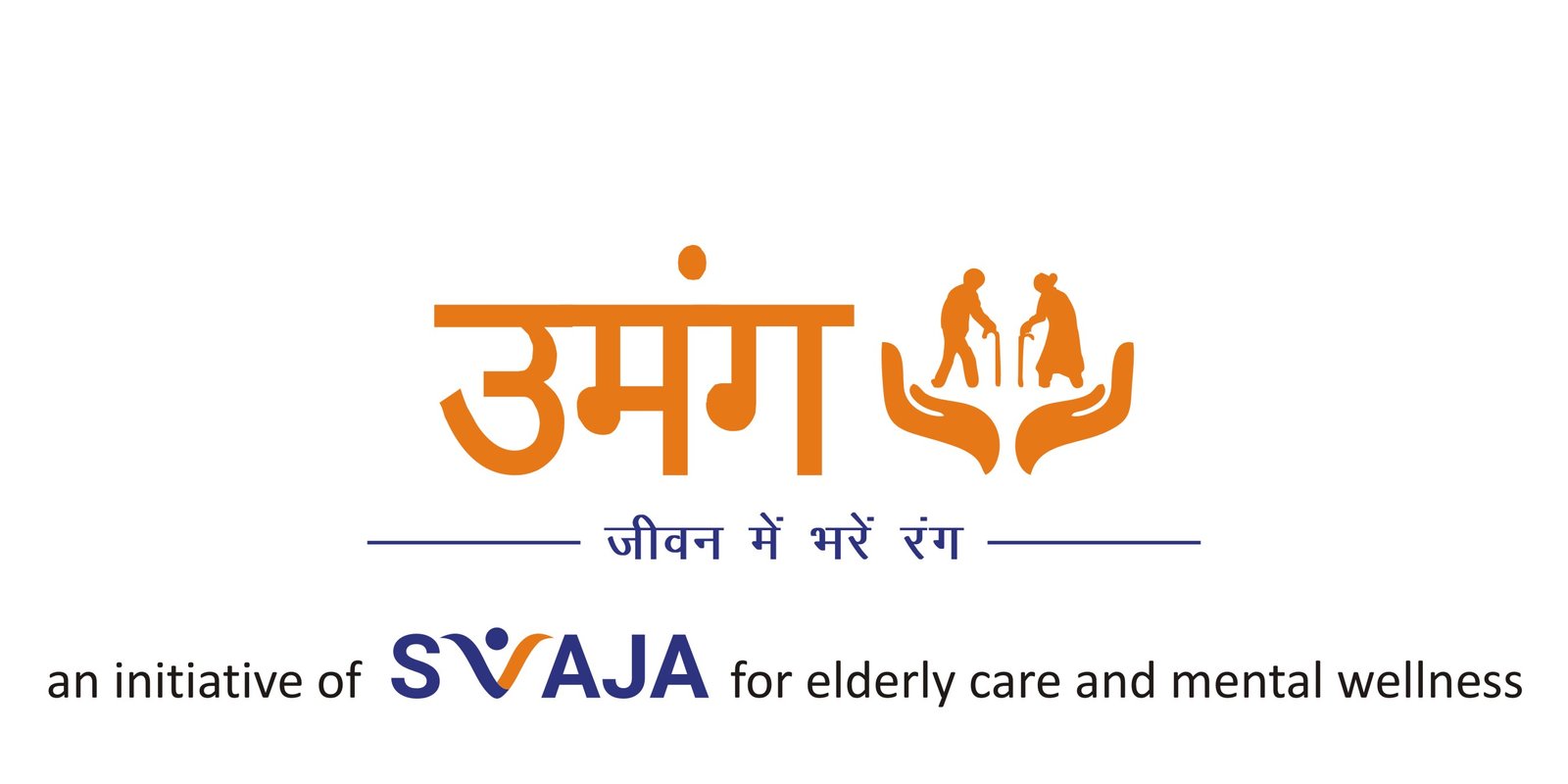
“I alone cannot change the world, but I can cast a stone across the waters to
create many ripples.”
Behavioural Change is one of the key elements of any intervention directed at bringing sustained change in an individual or society, which needs collective efforts and conscious decision making to act upon on a longer run. Small and insignificant act can lead small ripple, which can gain momentum and build a current that is insurmountable. Thus, behavioural change is needed for ripple effect to bring positive change. Change in behaviour is about altering habits and behaviours for the long term with a logical reason. Behaviour change helps:
•To adapt new habit, which is consciously based on logical thinking.
•It develops a relationship with the cause, for which behaviour get changed.
•New behaviours may help other to make our world a better place.
•Add much more value to lives, improved relationship with community and society.
With this thought, Svaja will conduct and organizes various need-based awareness drives and BCC interventions to enhance access to information for underserved needy section of rural and urban (children, adolescent, youth, women, and farmers). This will include design, development and conducting awareness and BCC drives.

The phenomena of industrialization, urbanization, and population migration have led to the prevalence of nuclear families, which in turn has presented challenges for a segment of the family, particularly the elderly, who are encountering issues related to financial, physical, and mental support.
The accelerating pace of modern life means that the younger generation often lacks the time to provide adequate care for their elders, as they strive to acquire new competencies, fulfill their aspirations, shoulder new family responsibilities, and pursue their own happiness and mental well-being in this rapidly evolving world. Consequently, a dilemma arises for the productive younger generation when they witness their parents or older family members (aged 55 and above) feeling isolated and lonely, despite being part of a full-fledged family. This emotional state presents challenges and widens the gap between the generations. On one hand, it distances the older generation from their family bonds, causing distress and insecurity regarding their declining health. On the other hand, it places an emotional and physical burden on the younger generation, who require familial support and peace of mind to contribute positively to the nation-building process. Addressing this issue requires to:
• Create a platform for elderly people of metro cities and urban areas to bring back fun and enthusiasm in their lives with group-based activities of similar kinds of.
• Creating a mental and physical well-being support center for elderly people to reduce the sense of insecurity and guilt among the younger generation.
The concept aims to establish supportive social factors such as social protection, resilience, social connections, active community involvement, meaningful spiritual life, overall good health, quality family interactions, and intergenerational rapport to enhance the mental and physical well-being of the elderly. This approach seeks to diminish the younger generation's feelings of insecurity and guilt while cultivating a conducive environment for the flourishing of all age groups.
